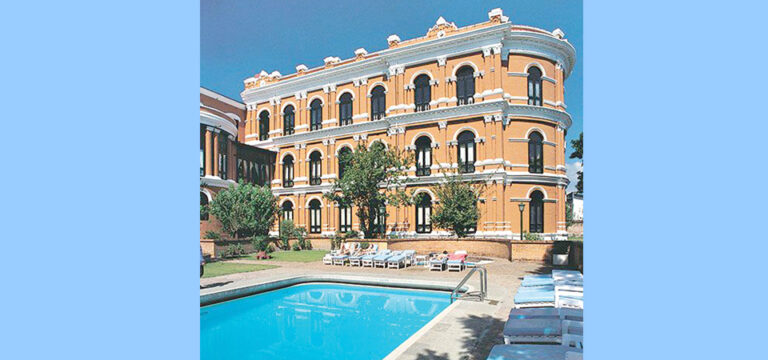
A total of 24 companies have been granted permission to operate casinos and provide machine-based gaming services in the country since 1990.
According to a list released by the Department of Tourism (DoT), 12 companies have received permission for casinos and 12 for machine-based gaming as of February 12. Of these companies, nine are based in Kathmandu, three in Rupandehi, six in Banke, one in Jhapa and one in Bara.
Similarly, one organisation Central Media Group runs machine-operated gaming in Parsa (Birgunj) and Kathmandu, another company Happy Hour runs machine gaming in Kanchanpur (Mahendranagar), Rupandehi (Bhairahawa) and Jhapa (Kakadbhitta), Rock International runs gaming in Kailali (Dhangadhi), Parsa (Birgunj), Rupandehi (Bhairahawa) and Jhapa (Kakadbhitta) and Golden Finger Gaming Zone provides gaming services in Parsa (Birgunj).
The Gambling Act of 1963 first paved the way for casinos by allowing the government to permit gambling upon specifying a particular location or an area. The first casino ‘Casino Nepal’ opened its doors in Kathmandu in 1968.
Nine years ago, in 2013, the government issued the Casino Regulations to manage this sector and strengthen the implementation of laws. Since then, 19 casinos and gaming service providers have received permission from the Ministry of Culture, Tourism and Civil Aviation (MoCTCA).
The Regulation outlined new criteria for granting casino permits and required all companies permitted under old rules to renew their registration. Hotel Yak and Yeti though did not do this.
The hotel first received permission to operate the Casino Royale on its premises on January 6, 1992 but since it did not renew it, the MoCTCA cancelled the permit on April 18, 2014. However, the Supreme Court’s interim order of September 18, 2014 annulled the cancellation and allowed the casino to operate as usual.
Furthermore, although the permit was issued in Yak and Yeti’s name, the hotel reached an agreement with a third party, Gilt Investment Pvt. Ltd., to operate its casino. However, Yak and Yeti and Gilt got into a dispute and the hotel stopped paying the required royalty to the state.
The issue once again reached the Supreme Court which ruled in 2018 that the hotel had to pay its dues to the state regardless of its dispute with the third party. But the hotel continued operating the casino and ignored the DoT’s repeated calls to clear its dues which, as of this fiscal year, stands at more than Rs. 422 million.
So, MoCIT took a ministerial level decision to cancel Yak and Yeti’s casino permit, annul its five-star certification, freeze its bank account and block its immovable property, DoT said.
Source : TRN,






